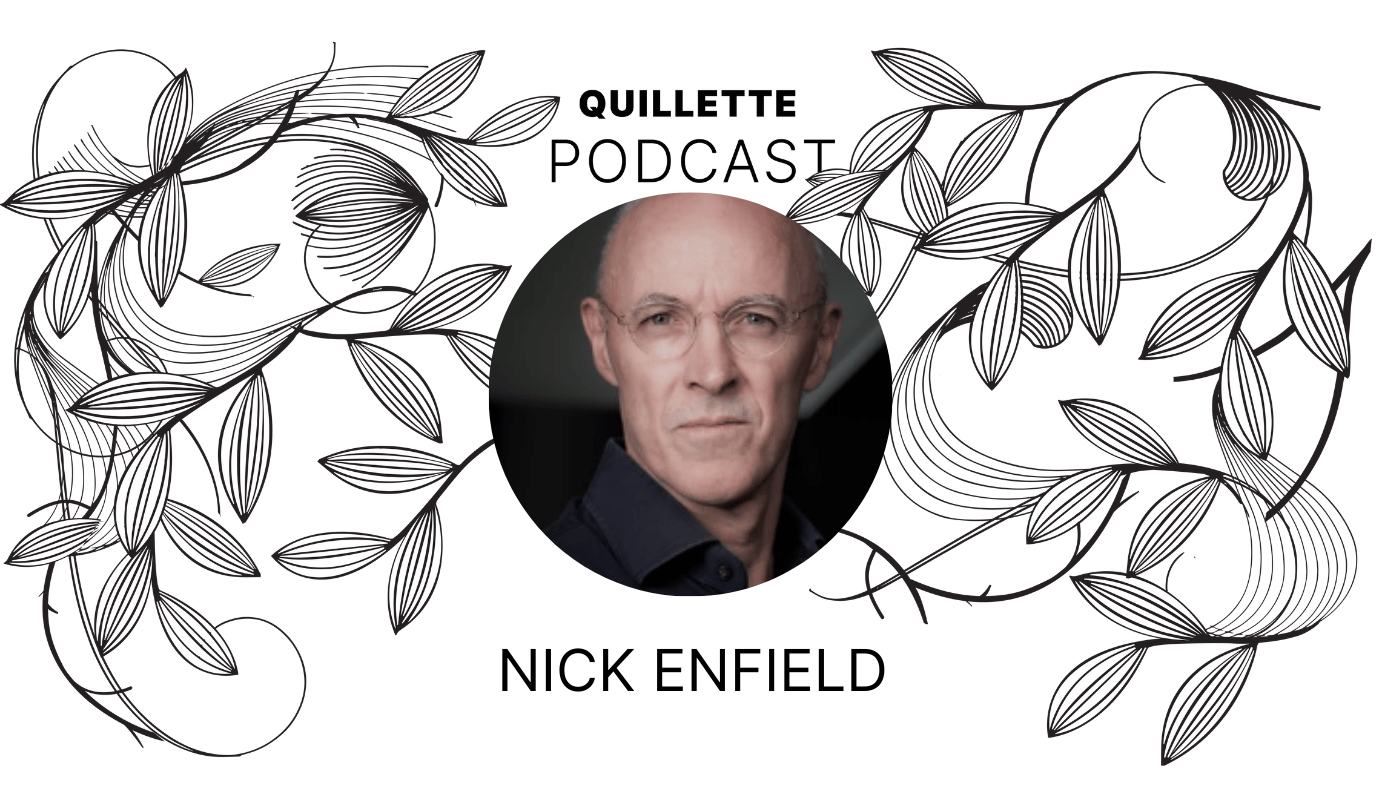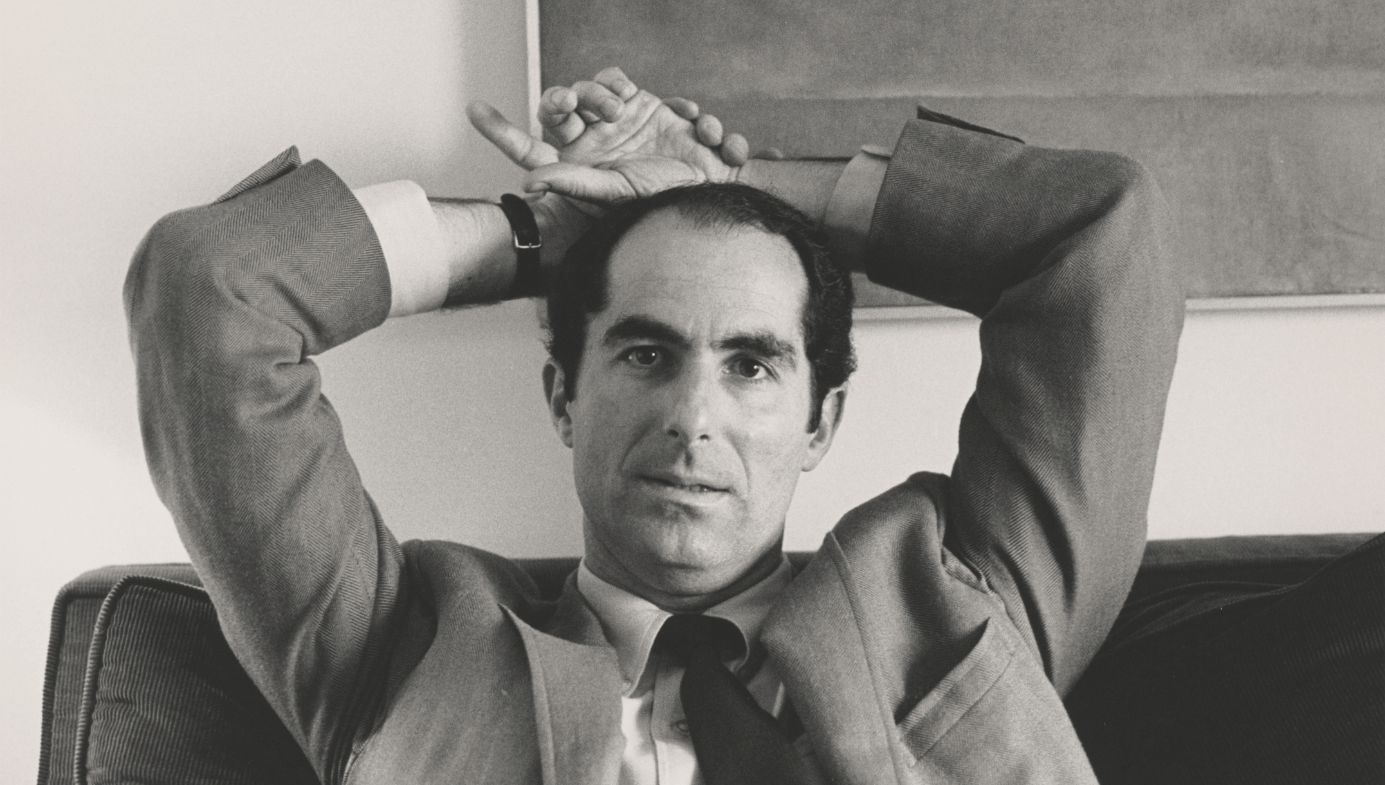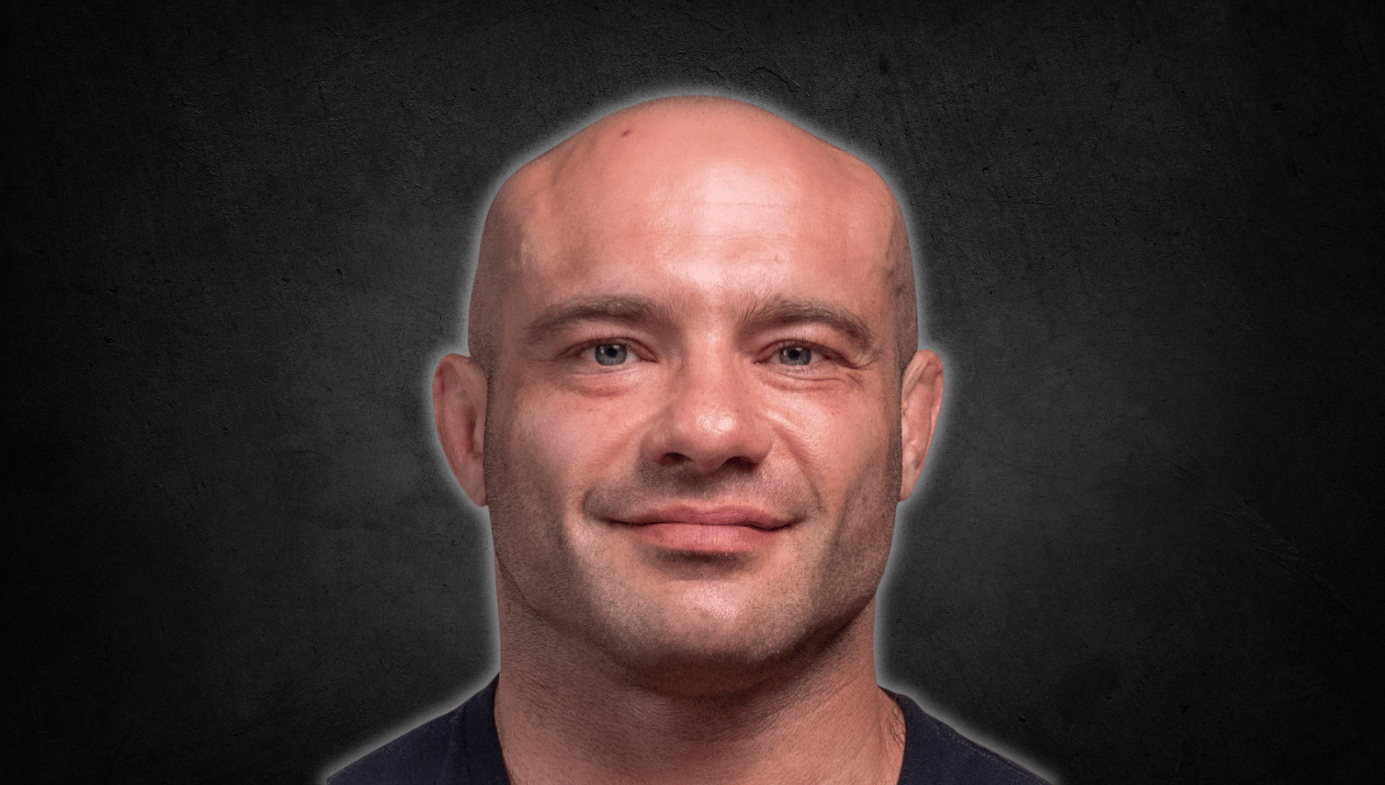Say It Ain’t So, Doc: How Should Martin Luther King Scholars Deal With the Rape Story?
If the FBI tapes and transcripts are made public in 2027, we will need responsible historians to use them responsibly. They can’t be ignored, nor can the allegation that is now rocking the foundations of King’s moral legacy.
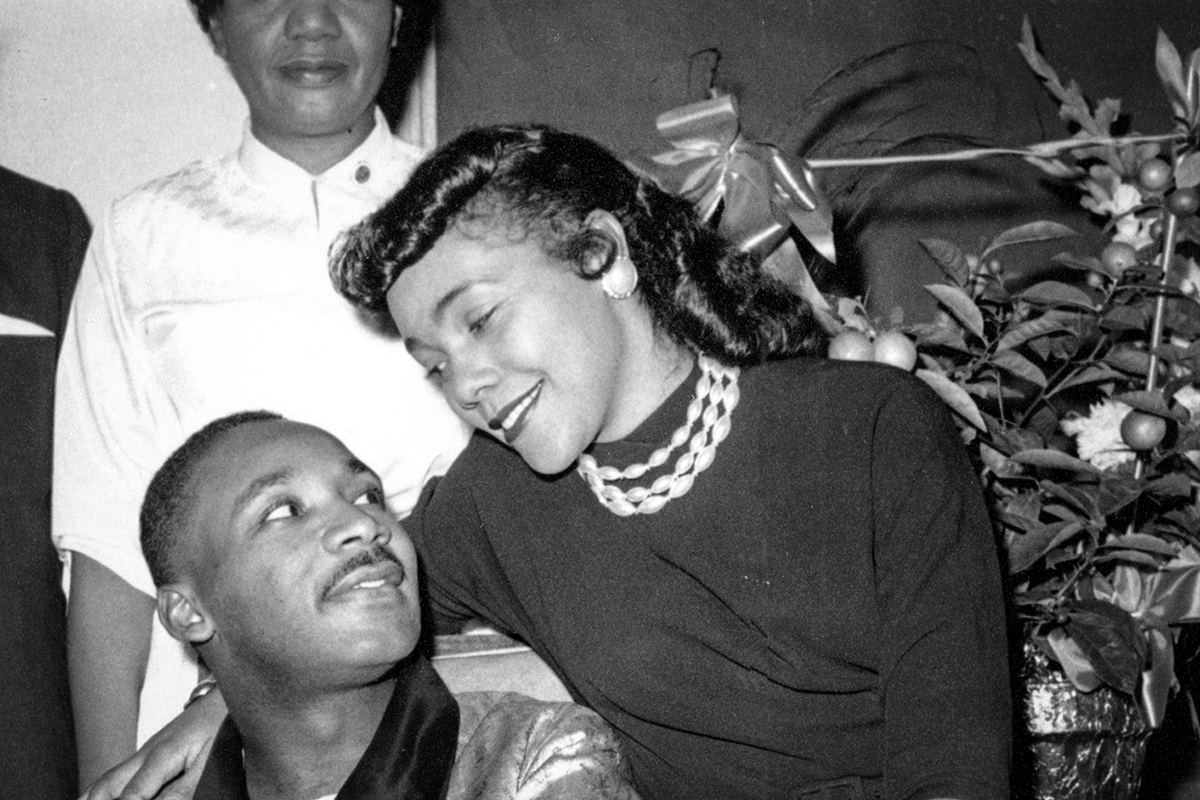
These are difficult days for students of Martin Luther King, Jr. The man many of us have dedicated long months and years to researching, often out of a profound sense of respect, is facing an allegation of laughing and even offering advice while a fellow Baptist minister raped a woman in a Washington, D.C. hotel room in January 1964.
The source of this explosive claim is a trove of newly released FBI surveillance documents unearthed by the dean of MLK historians himself, David J. Garrow, author of The FBI and Martin Luther King: From “Solo” to Memphis and the Pulitzer Prize-winning biography on King, Bearing the Cross.
Since the article detailing Garrow’s new findings came out at the end of May in the British magazine Standpoint, Garrow has taken more of a pounding in the press than King. No surprises there, perhaps. Like those now criticizing Garrow, I desperately want to believe that the 55-year-old allegation is a trumped-up product of the FBI’s “viciously negative attitude” toward King, as Garrow described it in “Solo” to Memphis—a book that earned him the Bureau’s enmity prior to its publication in 1981.
The record, however, is also pretty clear that King relieved the crushing stress of daily death threats and the insatiable demands of the civil rights movement with women and liquor. To his credit, King was the first to admit he was far from perfect as America’s “moral leader”—but this far?
Much of the criticism that Garrow is now facing over the article is focused on the validity of FBI evidence concerning King’s sexual activities, namely the bombshell assertion made by FBI agents spying on King in 1964 that he “looked on, laughed and offered advice” during the reported sexual assault (which, as Garrow has since underscored, the agents listening in did nothing to stop). This allegedly took place in two Washington, D.C. hotel rooms rented to King and four other Baptist ministers, although the controversial claim is made in a handwritten note appended to a summary of the FBI’s microphone surveillance.
Garrow argues that “without question” the handwritten annotation would have been added with both the original surveillance recording and a full transcript of the recording at hand. He adds that Justice Department investigators who reviewed both the tapes and transcripts in 1977 confirmed the accuracy of the FBI’s claims. The tapes and transcripts, along with the rest of the fruits of the FBI’s intensive electronic surveillance of King, were subsequently sealed by a court order until Jan. 31, 2027.
I know Garrow and I know his respect for the man he calls “Doc” runs deep, and this is not an allegation he would carelessly report. Some of his detractors have called him “irresponsible” for running with it without access to the original tapes and transcripts, but Garrow has at least 40 years of experience working with primary sources produced by the FBI’s intensive surveillance of King. If anyone can tell what smells off and what doesn’t, it’s him.
I know Garrow because I have spent a good part of the last eight years studying FBI documents for my own work, and he makes himself available to anyone conducting research on King. In that time, he’s gladly answered my endless questions about these documents’ accuracy and validity, usually within minutes of my asking. During this time, Garrow has imparted not only a healthy skepticism of what the FBI records contain, but also his keen sense of what you can and cannot trust. And, contrary to much of what people are currently saying about the FBI records, there is actually much in them that you can trust.
My work has focused exclusively on the transcripts of FBI telephone wiretaps on three of King’s key advisors. These records are a mix of verbatim accounts and summaries of phone conversations, and anyone with knowledge of their context and a sense of the personalities involved can easily tell what’s fact from fiction.
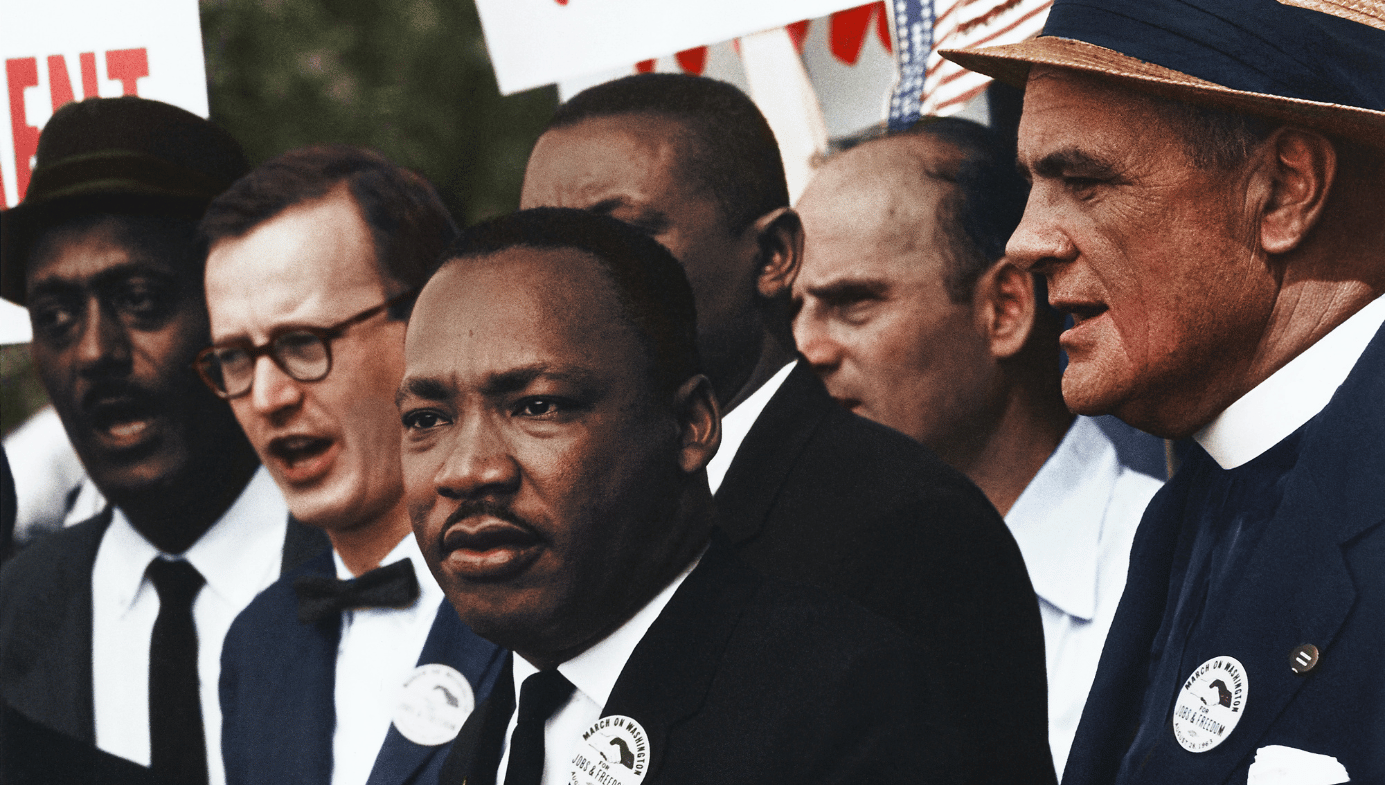
The most common problem with the FBI transcripts is not misrepresentation or even misinformation, but rather errors of attribution. Some are more precise than others, which seems to depend on the agent who was doing the transcribing that day. On the whole, the transcripts are more driftnet than dragnet, capturing everything in their way, from the profound to, yes, the lurid and even the inane. A personal, poetic favorite of mine is the dutiful reporting of “footsteps.”
More often than not, the transcripts just let their subjects do the talking, which is, in some ways, more damaging than any smear J. Edgar Hoover and his deputies at the FBI could have dreamed up themselves. Agents listening in just had to press record, let King’s deputies vent and mock and criticize, and then transcribe the conversations for their superiors in the FBI’s New York field office and in Washington, D.C. One can ask just how truthful King’s advisors were being, given they knew the FBI was listening. My work on the wiretap transcripts suggests they didn’t let that stop them.
Take an example from the wiretap on King’s advisor, Bayard Rustin. On December 16, 1964, Rustin told a friend about his experience at a hotel in Oslo, Norway, where he was part of a group accompanying King for the awarding of his Nobel Peace Prize. The verbatim transcript reports Rustin telling his friend, whose name is redacted, how three members of King’s entourage “were running drunk naked women up and down the hallway.” One of the three men, Rustin says, was “a minister whom I wouldn’t name on the telephone.” “Oh no. Come on, Bayard,” the friend responds.
This snippet provides three important details: The first is that Rustin was aware enough not to name someone “on the phone”; the second is this awareness didn’t stop him from giving his friend the blow-by-blow of what happened at the hotel in Oslo; and three, the friend’s response is indicative of how precisely word-for-word the transcripts can be.
Given my experience with the transcripts, my heart fell into my shoes last fall when Garrow first told me what he’d found in this new trove of FBI documents. Considering what I’ve seen, I knew then, as my gut tells me now, that this more than likely will not end well for King if the tapes and transcripts on which these new FBI summaries are based are unsealed as scheduled in 2027.
As I’ve struggled to accept this possibility and what it means for my work, I’ve also struggled with whether this potential reckoning is fair.
The only reason historians have incredible resources like the wiretap transcripts is due to the FBI’s obsession with King, one rooted in J. Edgar Hoover’s deeply antagonistic attitude towards him. Because of this stunning abuse of power, we now face the possibility that King “looked on, laughed and offered advice” during an alleged rape.
One can’t help but wonder how many white icons would be facing a similar reappraisal if the FBI had mounted an equally intensive, invasive surveillance program against them. Does this mean we should turn a blind eye to the possibility the symbol of nonviolence himself egged on a rapist?
Even if we wanted to, it’s too late. The big question now for King scholars is one Doc himself posed in 1967, albeit for much different and nobler reasons—where do we go from here? If the FBI tapes and transcripts are made public in 2027, we will need responsible historians to use them responsibly. They can’t be ignored, nor can the allegation that is now rocking the foundations of King’s moral legacy.
More than ever, we need historians like David Garrow to do this difficult work with the same fierce commitment to independence and objectivity that angered the FBI all those years ago. The fact that it’s now Doc himself who is facing this scrutiny is tragic and not a little calamitous to those of us who have long held him in such high regard, Garrow included.
If that’s not balance, nothing is.





